
Which Toys Require CCC Certification?
According to the joint announcement No. 198 issued in 2005 by the General Administration of Quality Supervision, Inspection and Quarantine of China and the Certification and Accreditation Administration of China, six categories of toys sold domestically have been subject to mandatory certification under the market access system. More toy categories are gradually being included. The CCC certification for these six types of toy products began accepting applications on March 1, 2006, and became mandatory on June 1, 2007.

Introduction to CCC Certification
CCC certification, also known as 3C certification, is a mandatory product certification system in China. It is designed to protect consumers' personal safety, the safety of plants and animals, environmental protection, and national security. It ensures that products comply with relevant laws, regulations, and national standards.
Products listed in the "catalog" of mandatory products must undergo testing and inspection to meet the certification requirements. The certification is based on the "Product Quality Law of the People's Republic of China," "Standardization Law of the People's Republic of China," and other relevant regulations, including announcements such as the "No. 198 Announcement" by the General Administration of Quality Supervision, Inspection and Quarantine and the Certification and Accreditation Administration.
CCC Certification Scope for Six Types of Toys
1. Baby Carriages: Includes products designed for or intended for children's play, such as children's bicycles (with saddle height ranging from 435mm to 635mm), tricycles, strollers, baby walkers, toy bicycles (with saddle height below 435mm), electric baby carriages, and other toy vehicles.
2. Electric Toys: Designed for children under 14, requiring at least one function powered by electricity. Includes toys made of various materials, electric video toys, sound and light toys, etc. (Excludes battery chargers).
3. Projectile Toys: Designed for children under 14. These toys store and release energy to shoot projectiles or apply force using a trigger mechanism. (Excludes slingshots, darts, pneumatic guns, and bows longer than 120 cm).
4. Metal Toys: Toys made primarily of metal, designed for children under 14, excluding stationary-like toys and hand-powered toys.
5. Non-Electric Dolls: Dolls designed for children under 14, with heads and limbs made from polymer materials, often clothed or stuffed with soft materials.
6. Plastic Toys: Toys primarily made from plastic, designed for children under 14, excluding inflatable toys, hand-powered toys, and water toys.
CCC Certification Process for Toys
1. Certification Application
2. Type Testing (Sample Testing)
3. Initial Factory Inspection
4. Evaluation and Approval of Certification Results (Issuance of Certificate)
Toy CCC Certification Testing Requirements
1. National Toy Safety Technical Code (GB6675.1-2014, GB6675.2-2014, GB6675.3-2014, GB6675.4-2014): Applicable to all toys except baby carriages.
2. Safety of Electric Toys (GB19865-2005): Applicable to electric toys and electric baby carriages.
3. Baby Carriage Testing Standards (GB14746 - GB14749): Applicable to children’s bicycles, tricycles, baby walkers, and strollers.
In recent years, frequent toy recalls have exposed quality issues in the toy market. Regulatory bodies have strengthened market supervision, and companies are voluntarily recalling toys that fail to meet safety standards. Parents are paying more attention to toy quality and safety. Toy manufacturers should actively apply for CCC certification, and consumers should check for the CCC mark on toy packaging to avoid choosing toys with potential safety risks due to lower prices.
Email:hello@jjrlab.com
Write your message here and send it to us
 Amazon and Temu Require FCM Test Reports
Amazon and Temu Require FCM Test Reports
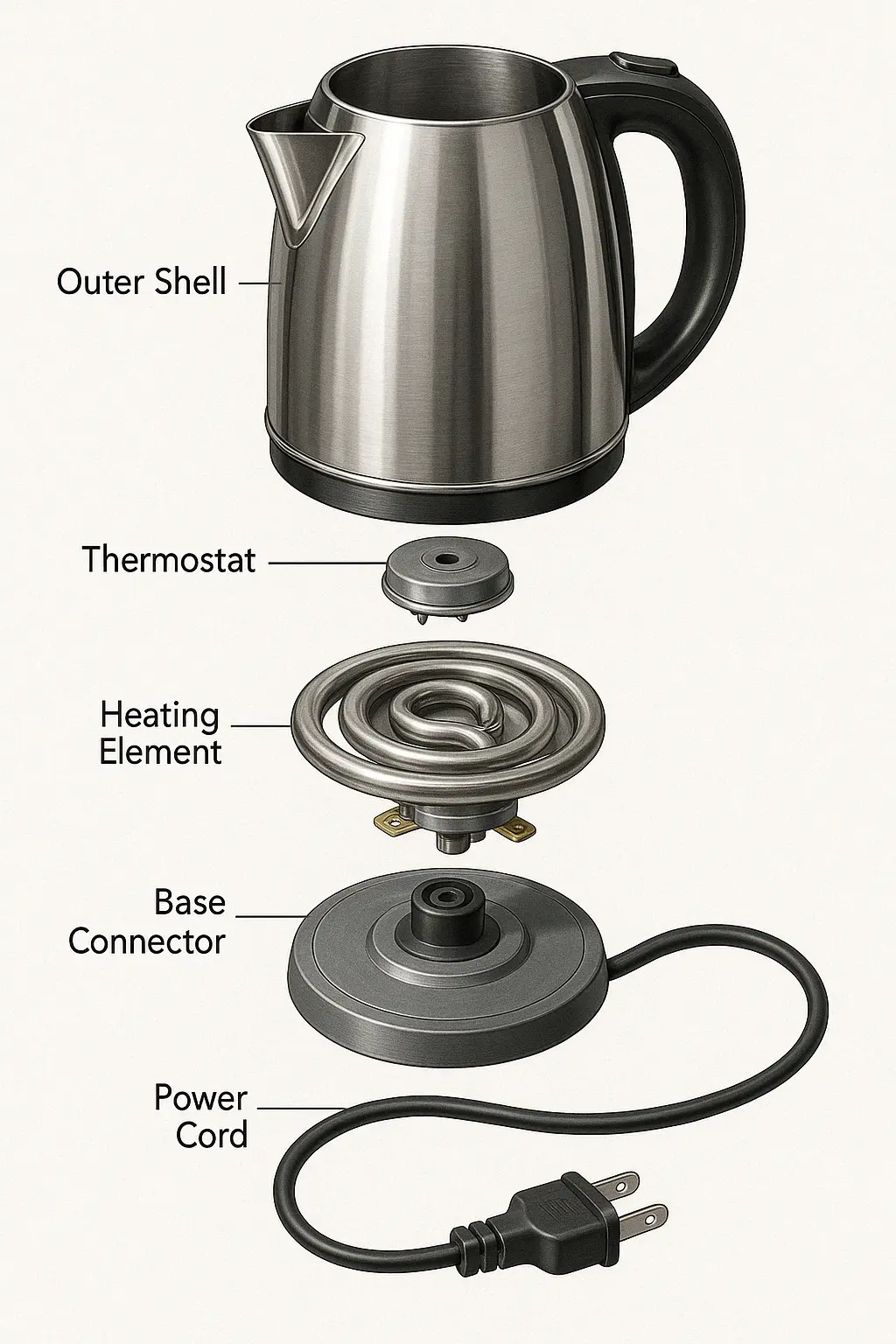 Electric Kettle Amazon Canada Compliance Certifica
Electric Kettle Amazon Canada Compliance Certifica
 Do You Understand Amazon Compliance Certification?
Do You Understand Amazon Compliance Certification?
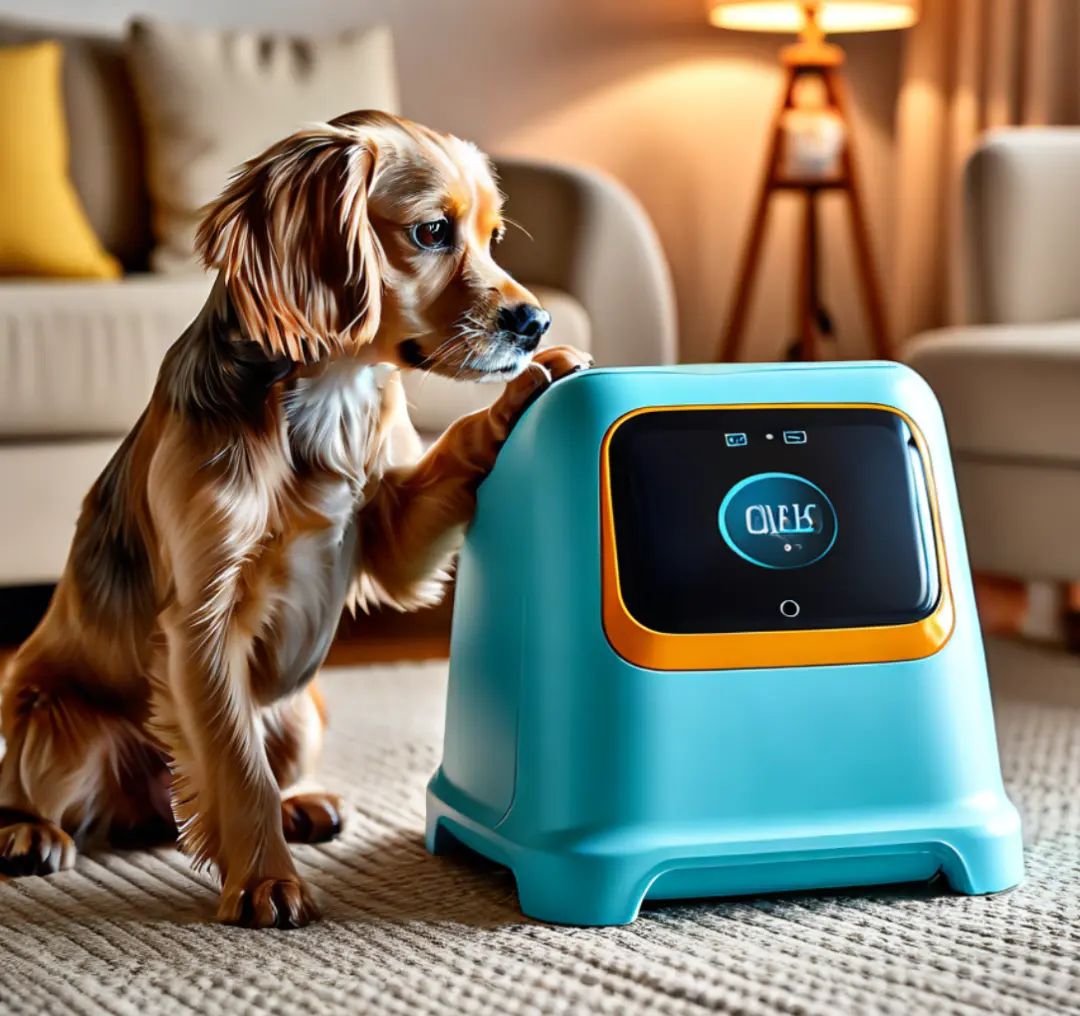 Pet Products CE Mark
Pet Products CE Mark
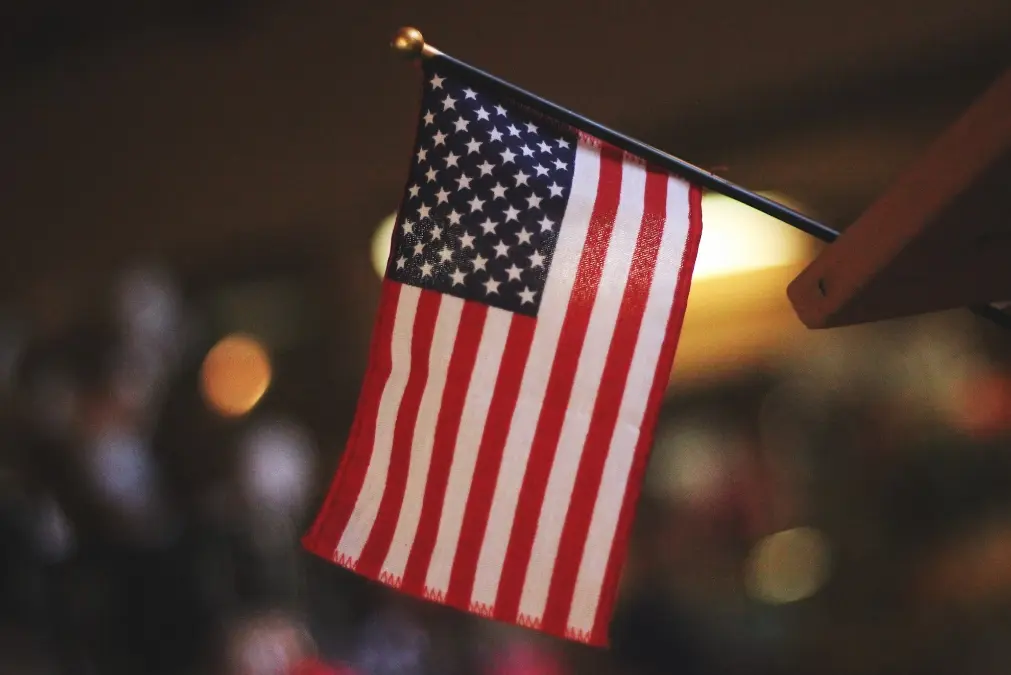 US Toy Safety Standards
US Toy Safety Standards
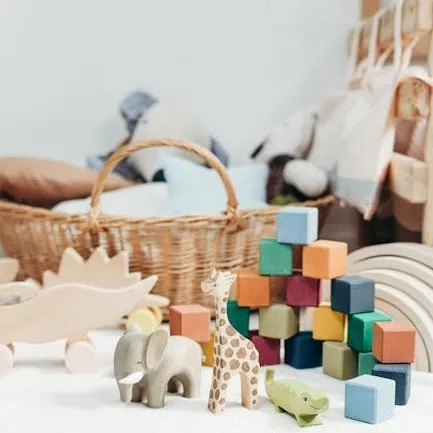 Toy Toxicology Testing CA
Toy Toxicology Testing CA
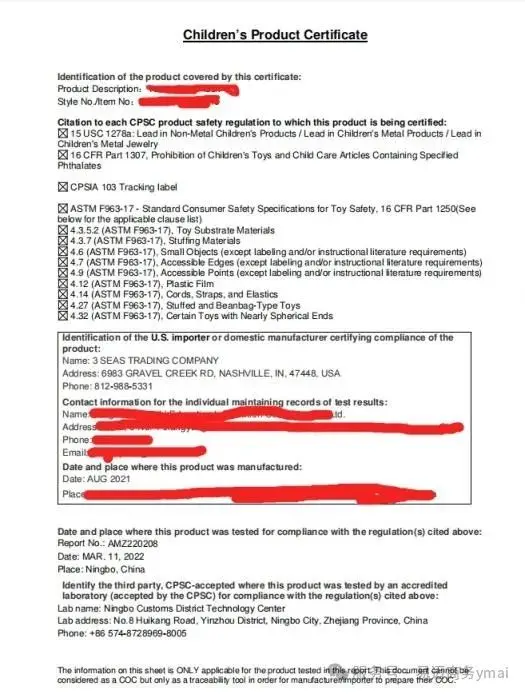 CPSIA Compliance for Children's Products
CPSIA Compliance for Children's Products
 Food Contact Items Testing
Food Contact Items Testing
Leave us a message
24-hour online customer service at any time to respond, so that you worry!




